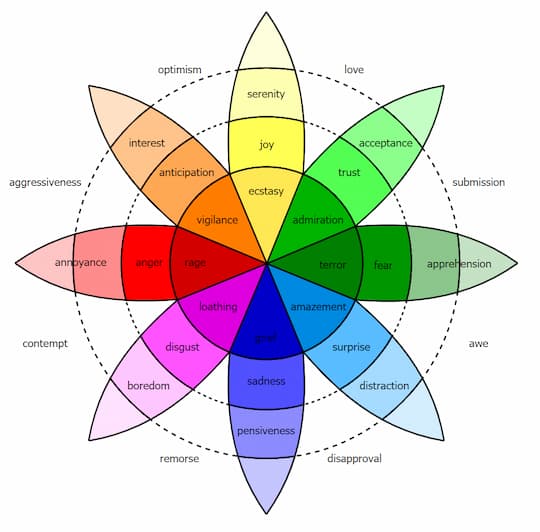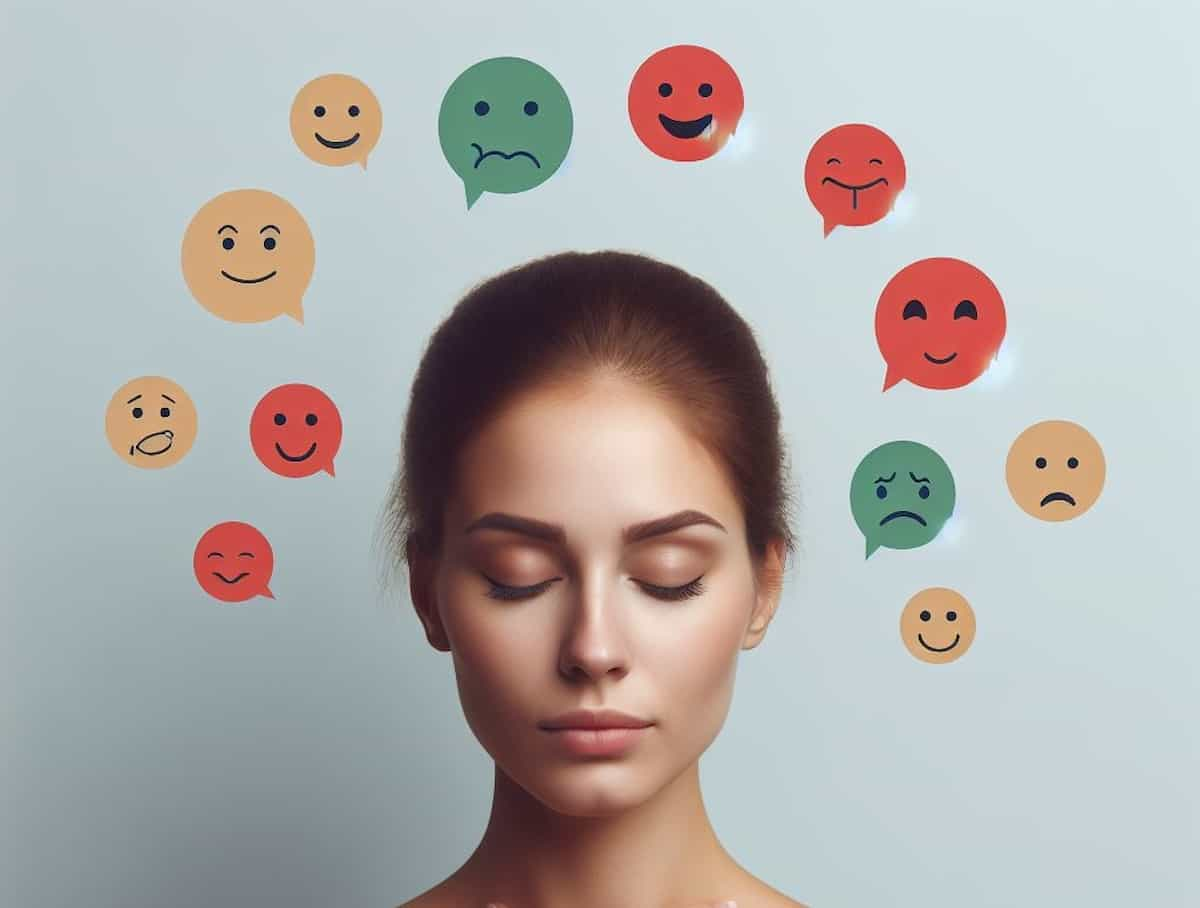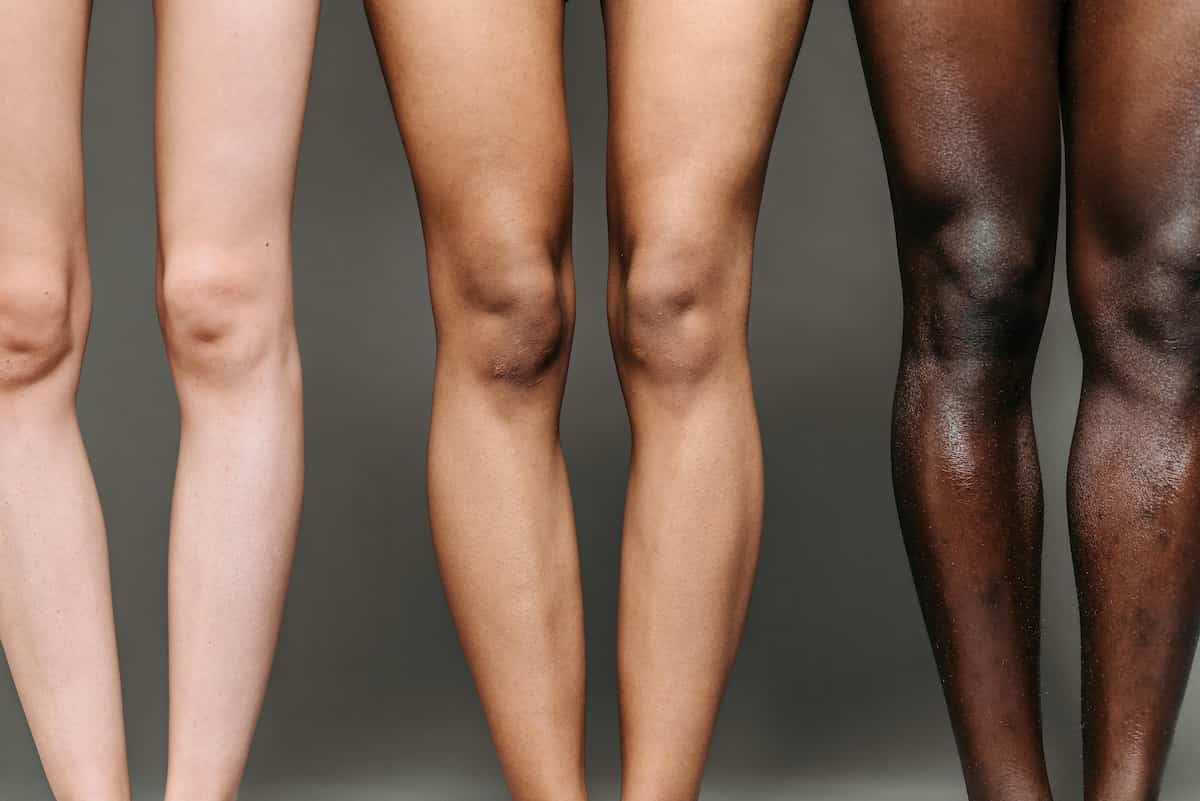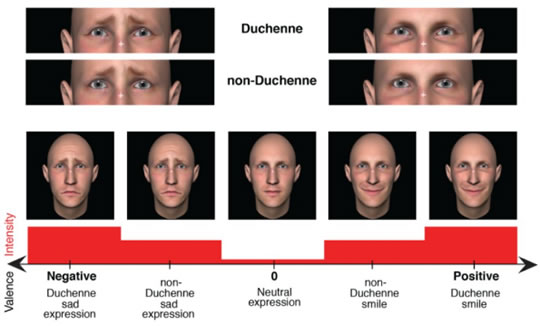This article explores the complex question of how many emotions humans experience.
Introduction to human emotions
Emotions are a fundamental part of the human experience.
They influence our thoughts, behaviours, and interactions with the world around us.
But how many emotions do we actually experience?
This question has intrigued psychologists, scientists, and philosophers for centuries.
Defining emotions can be challenging, as they encompass a broad range of feelings, physical responses, and cognitive processes.
Understanding emotions is key to enhancing emotional intelligence and improving mental well-being.
Theories on the number of basic emotions
Paul Ekman’s six basic emotions
Paul Ekman, a renowned psychologist, proposed that there are six basic emotions shared universally by all humans.
These emotions are happiness, sadness, fear, anger, surprise, and disgust.
Ekman’s research demonstrated that people from different cultures could recognise these emotions through facial expressions.
This theory has been influential, but some argue it oversimplifies the vast spectrum of human emotions.
Robert Plutchik’s wheel of emotions
Robert Plutchik expanded on Ekman’s work by introducing the “wheel of emotions.”
This model includes eight primary emotions: joy, trust, fear, surprise, sadness, disgust, anger, and anticipation.

Plutchik also highlighted how emotions can combine to create complex feelings.
- Joy + Trust = Love
- Fear + Surprise = Awe
This model emphasises the dynamic and multifaceted nature of emotions.
Recent research and alternative models
Recent studies suggest that the number of basic emotions could be far greater than previously thought.
For example, researchers from the University of California, Berkeley, identified 27 distinct emotional states, ranging from admiration to nostalgia.
These findings challenge traditional models and highlight the complexity of human emotional experiences.
Cultural and individual variations in emotional experience
Influence of culture on emotional expression
Culture plays a significant role in shaping how emotions are expressed and interpreted.
For instance, some cultures encourage the open display of emotions, while others value emotional restraint.
These cultural differences influence our understanding of what constitutes an emotion and how many emotions we might experience.
Personal differences in emotional perception
Individual factors, such as personality, upbringing, and life experiences, also affect emotional perception.
Some people may experience emotions more intensely or interpret situations differently, leading to unique emotional responses.
These variations underscore the subjective nature of emotions.
Applications of understanding emotions
Emotional intelligence and its significance
Emotional intelligence involves recognising, understanding, and managing our own emotions while also empathising with others.
Developing emotional intelligence can improve relationships, enhance communication, and lead to better decision-making.
It is a critical skill in both personal and professional contexts.
Implications for mental health and well-being
Understanding emotions is essential for mental health.
Emotional awareness can help individuals identify and address feelings of anxiety, depression, or stress.
Therapies like cognitive-behavioural therapy often focus on helping people manage their emotional responses to improve overall well-being.
Unique perspectives on emotions
The evolution of emotional theories
Over time, theories about emotions have evolved significantly.
Early models focused on basic emotions, while modern research explores complex emotional states and their neurological underpinnings.
Advances in neuroscience have provided deeper insights into how emotions are processed in the brain.
The role of emotions in decision-making
Emotions play a crucial role in decision-making.
They influence everything from everyday choices to major life decisions.
- Fear can lead to caution and careful planning.
- Excitement may encourage risk-taking and innovation.
Understanding these dynamics can help individuals make more informed decisions.
Emerging emotions in the digital age
The digital age has introduced new emotional experiences, often referred to as “neo-emotions.”
These include feelings like “FOMO” (fear of missing out) and the unique frustrations of online interactions.
Social media has also amplified certain emotional responses, such as envy or validation-seeking behaviours.
Measuring and quantifying emotions
Quantifying emotions remains a challenging task due to their subjective nature.
Tools like facial recognition software and self-report surveys aim to measure emotional responses, but they have limitations.
Accurately capturing the nuances of emotions requires both qualitative and quantitative approaches.
Emotions in artificial intelligence
Artificial intelligence is increasingly being designed to recognise and respond to human emotions.
Emotion-sensing technologies have applications in customer service, mental health, and more.
However, these developments raise ethical questions about privacy and the potential misuse of emotional data.
Conclusion
Emotions are a complex and multifaceted aspect of human life.
From basic models like Ekman’s six emotions to advanced theories identifying dozens of emotional states, our understanding continues to grow.
Cultural and individual differences further enrich the emotional landscape, while applications in mental health, decision-making, and technology highlight their importance in everyday life.
As research progresses, we will likely uncover even more about the fascinating world of human emotions.











